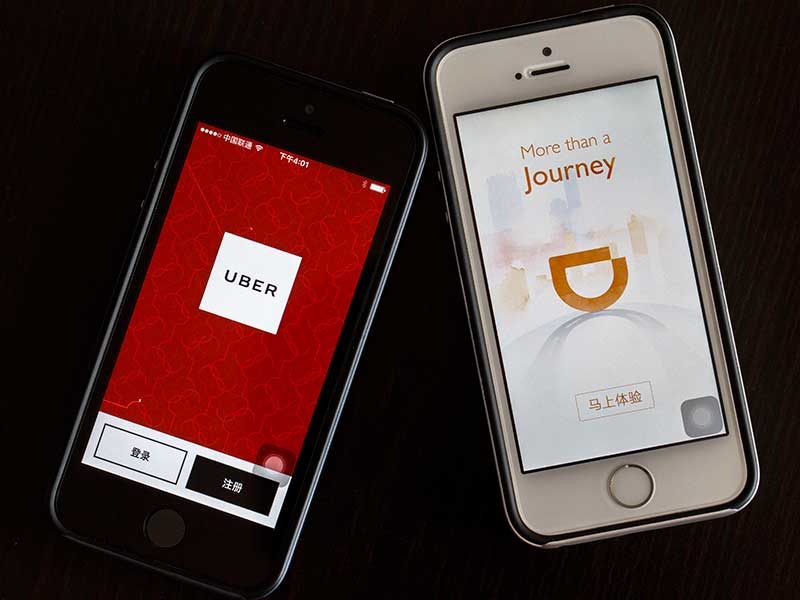Uber rivals Didi Chuxing and Taxify form cross-continental partnership
China’s largest taxi app, Didi Chuxing, will invest in Europe’s Taxify in order to help the company expand its operations

Uber rival Didi Chuxing is one of the most valuable technology companies in the world
Chinese taxi-hailing app Didi Chuxing has announced it will invest in European counterpart Taxify in order to create a strategic partnership between the firms, which offer the same service but operate in geographically distinct customer bases. The partnership will strengthen both companies, helping them to compete with rival Uber.
Didi Chuxing revealed the partnership in a statement, but did not specify how much it planned to invest. Taxify founder and CEO Markus Villig said: “DiDi will invest in and collaborate with Taxify to support the latter’s further growth and innovation across its diversified markets.”
As China’s biggest taxi-hailing app, Didi Chuxing boasts a wide consumer base and has access to a substantial level of capital; in April, Didi Chuxing closed a funding round at $5.5bn, making it one of the most valuable technology companies in the world.
Taxify has proved popular with customers due to its comparatively low fares and driver-centric model
The company was formed from a merger between China’s two largest taxi app firms – Didi Dache and Kuaidi Dache – in September 2015. The combined firm later acquired Uber’s Chinese unit in August 2016, and now claims to serve approximately 400 million users in more than 400 cities across China.
Meanwhile, Taxify is headquartered in Estonia and operates in 18 countries across Europe, west Asia and Africa. The app has proved popular with customers due to its comparatively low fares, which Taxify is able to offer by charging drivers a lower commission than rivals; Taxify charges drivers around 15 percent commission, significantly lower than the 25 percent imposed by the likes of Uber.
This driver-centric business model has also served to position Taxify as an ethical alternative for consumers who enjoy the convenience of Uber, but are put off the app by swirling accusations of Uber’s toxic business culture and unfair treatment of drivers.













